AWS has a chance to show its mettle at re:Invent 2025
The hyperscaler will be betting big on its AI stack and infrastructure credentials

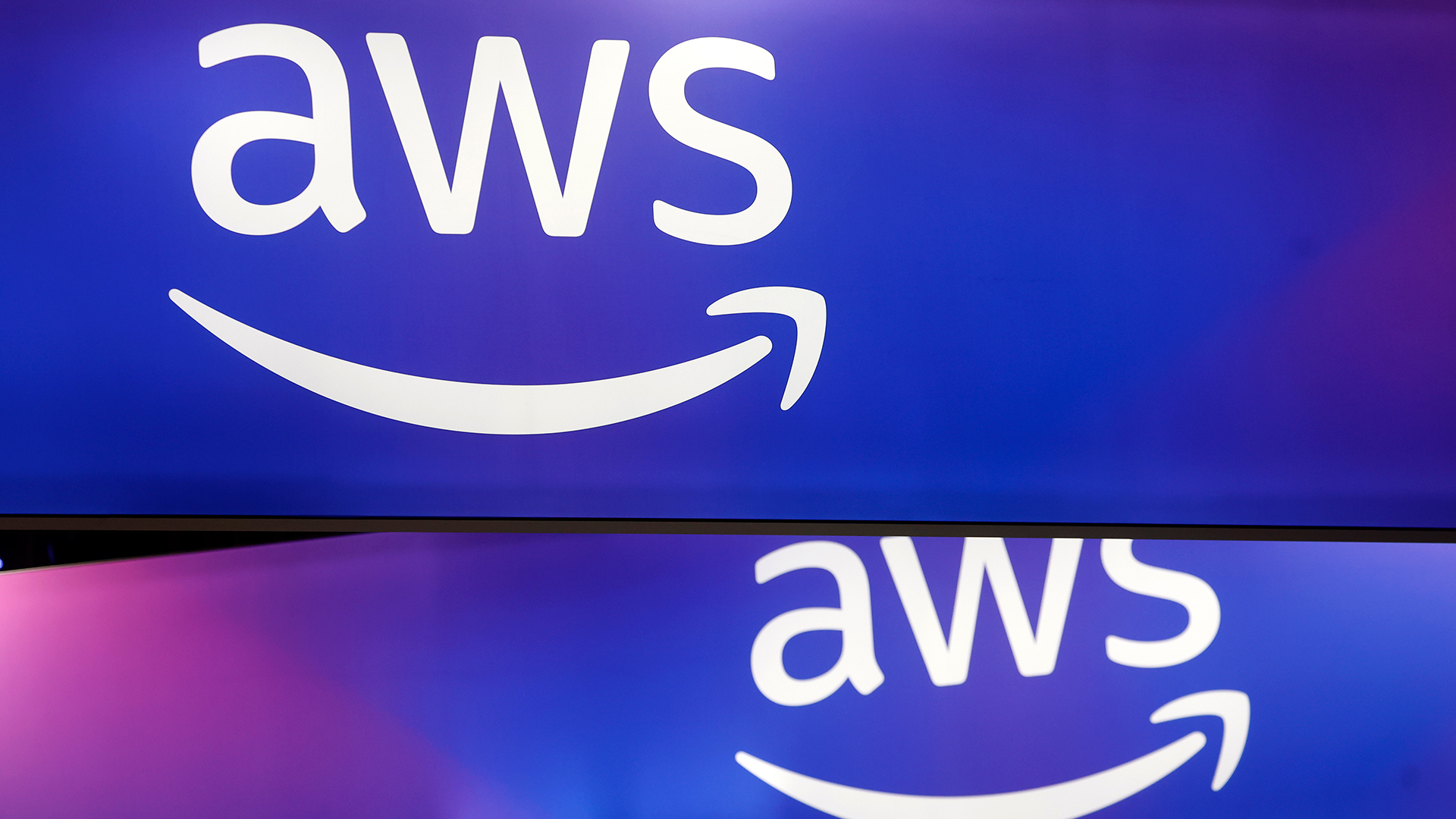
Sign up today and you will receive a free copy of our Future Focus 2025 report - the leading guidance on AI, cybersecurity and other IT challenges as per 700+ senior executives
You are now subscribed
Your newsletter sign-up was successful
Given we’ll imminently mark the third anniversary of the launch of ChatGPT, a moment which sent the global tech industry into a state of flux, hype, and hyperbole, it’s appropriate that one of the old guard hyperscalers prepares for its annual conference.
AWS re:Invent, hosted at the Venetian Hotel in Las Vegas, officially kicks off next week, offering Amazon’s cloud computing wing an opportunity to get the last word in before the turn of the year.
The oldest and largest of the three major hyperscalers, AWS was caught off guard with the launch of OpenAI’s flagship model alongside Google in late 2022. Both companies spent most of 2023 scrambling to catch up while Microsoft reaped the early rewards of its close-knit relationship with the AI company.
But the gap has been closing. As we learned at Google Cloud Next in April, Google has gained ground over the last 18 months and the recent launch of Gemini 3 stole Microsoft’s thunder while it bombarded customers with agentic AI announcements at its recent Ignite conference.
With its competitors making bold moves in recent months, this begs the question of exactly how AWS plans to wow customers, both current and prospective. AWS’ long-standing reputation as the mature hyperscaler with deep pockets and a focus on easy integration could be the key differentiator moving forward.
Indeed, the company made great strides on this front in mid-2023 with the launch of its Bedrock service, offering customers access to an array of third-party and in-house models.
As ITPro noted at the time, this showcased AWS’ ability to cut to the chase and give enterprise customers a clear route to generative AI adoption – with the flexibility of choice – while others focused heavily on pushing a rather monolithic approach to the technology.
Sign up today and you will receive a free copy of our Future Focus 2025 report - the leading guidance on AI, cybersecurity and other IT challenges as per 700+ senior executives
With the agentic AI frenzy taking hold throughout 2025, the company has further built on this initial foundation, expanding Bedrock in July this year with the launch of Amazon Bedrock AgentCore and the AI Agents and Tools service in AWS Marketplace.
The former allows customers to build and deploy agents, while the latter offers them the chance to pick and choose from an array of options delivered through AWS partners.
That flexibility of choice has been a hit with AWS customers so far, and we can expect to see more on this at re:Invent 2025.
A hardware battle is brewing
On the hardware front, it’s clear there’s a battle brewing in the AI chip domain, with industry stakeholders touting Google’s growing hardware strength centered on its tensor processing units (TPUs) as a potential challenge to Nvidia’s AI dominance.
For AWS, we can also expect to see a big push at the company’s annual conference. AWS has been ramping up development of its own in-house AI chips in recent years, spurred on by the acquisition of Annapurna Labs in 2015.
This focus on hardware initially saw the company unveil its Inferentia chip in 2018, followed by the launch of Trainium in 2022. Both of these have been used to underpin training and development of foundation models through the company’s partnership with Anthropic, for example.
With the enterprise focus now shifting from training to inference, AWS will be keen to tout the potential here for customers. The Trainium2 chip was unveiled by the hyperscaler at re:Invent 2023, boasting 4x faster training and 2x energy efficiency capabilities.
Last year’s conference, meanwhile, saw the company tease plans for Trainium3, again with 4x performance improvements and 40% gains on energy efficiency.
During Amazon’s third quarter earnings results this year, CEO Andy Jassy confirmed the launch of Project Rainier, a cluster of around half a million Trainium2 processors being used to train Anthropic models, with plans to increase capacity to around one million by the end of this year.
In an announcement in late October, AWS’ head architect for Trainium, Ron Diamant, described the project as “one of AWS’ most ambitious undertakings to date”. It’s safe to assume the company will be keen to provide an update here.
The Anthropic tug of war
While Microsoft has its poster child in OpenAI, AWS has been betting big on Anthropic. The hyperscaler invested $4 billion in the AI startup back in September 2023 and doubled down on its support for the company just a year later.
The latter of these pledges saw Anthropic choose AWS as its primary cloud provider and training partner.
AWS isn’t the only hyperscaler with eyes for Anthropic, however. Google pledged $2 billion in 2023, following up with an additional $1 billion in January this year.
The relationship here is complicated, and it’s clear Anthropic isn’t keen on settling for a one-stop-shop approach to infrastructure partnerships. October, for example, saw Google Cloud and Anthropic forge even closer ties, with the latter expanding its use of TPUs to drive compute capacity for training upcoming Claude models.
Anthropic said the deal, which will see it gain access to around one million TPUs, was secured specifically due to their “price-performance and efficiency” benefits.
AWS will be keen to react in the wake of this deal between the two, and while there’s nothing to suggest the trio can’t co-exist, with a Trainium3 announcement expected the hyperscaler will be betting big on its own cost and energy efficiency credentials to one-up Google.
With a chip war looming and enterprises continuing to push for a return on investment with AI, AWS will be relying on its sprawling industry ties and long-standing infrastructure credentials to show it can still combine scale and agility at re:Invent.
ITPro will be live on the ground at AWS re:Invent in Las Vegas from 1st to 5th December. Keep tabs on all our coverage via our live blog, social channels, and newsletter.

Ross Kelly is ITPro's News & Analysis Editor, responsible for leading the brand's news output and in-depth reporting on the latest stories from across the business technology landscape. Ross was previously a Staff Writer, during which time he developed a keen interest in cyber security, business leadership, and emerging technologies.
He graduated from Edinburgh Napier University in 2016 with a BA (Hons) in Journalism, and joined ITPro in 2022 after four years working in technology conference research.
For news pitches, you can contact Ross at ross.kelly@futurenet.com, or on Twitter and LinkedIn.
-
 Microsoft hails advances in glass data storage
Microsoft hails advances in glass data storageNews Project Silica uses lasers to encode data into borosilicate glass, where it stays stable for thousands of years
-
 Using AI to generate passwords is a terrible idea, experts warn
Using AI to generate passwords is a terrible idea, experts warnNews Researchers have warned the use of AI-generated passwords puts users and businesses at risk
-
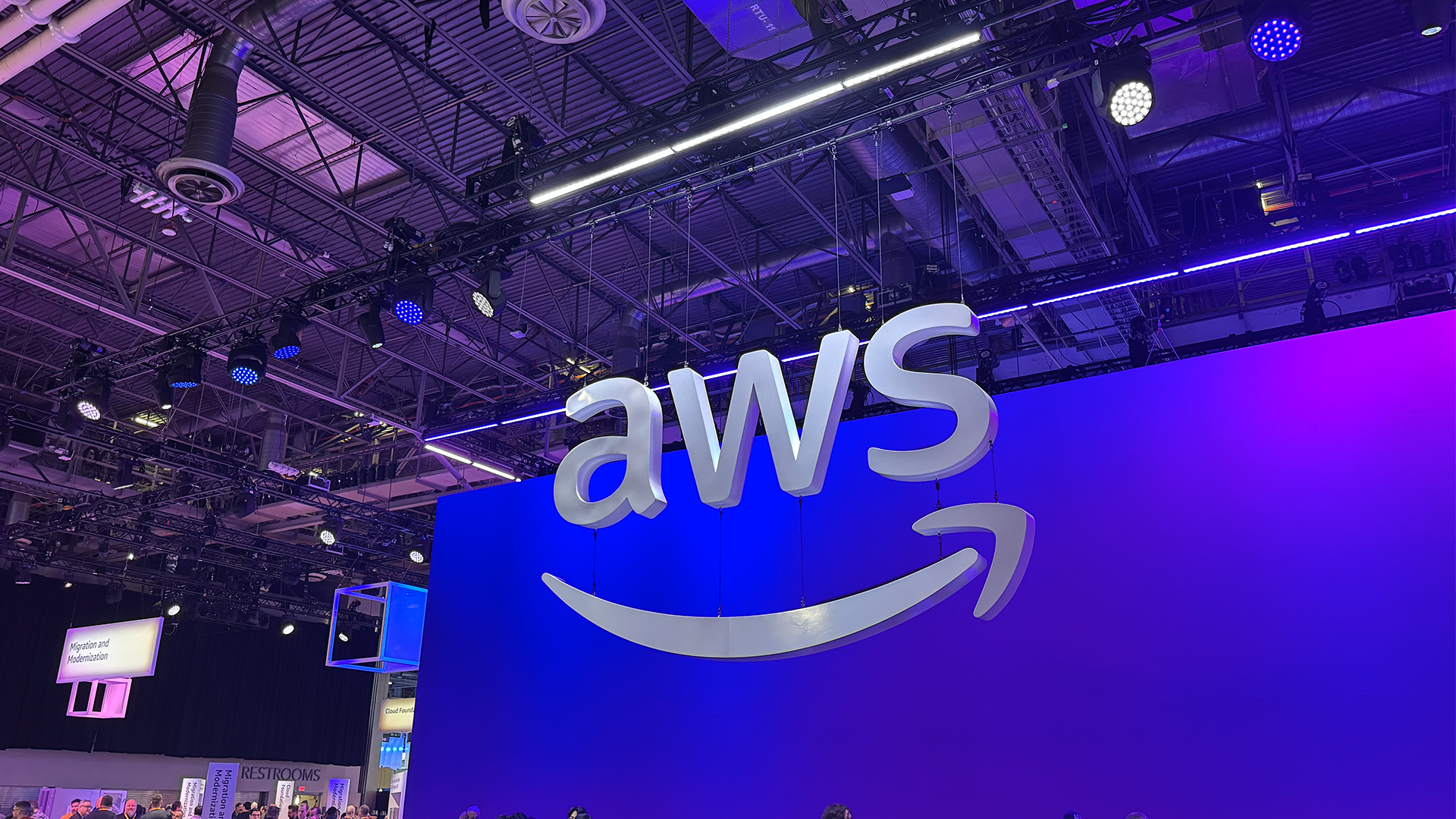 What the new AWS European Sovereign Cloud means for enterprises
What the new AWS European Sovereign Cloud means for enterprisesNews AWS has announced the general availability of its European Sovereign Cloud. Here's what the launch means for enterprises operating in the region.
-
 AWS just quietly increased EC2 Capacity Block prices – here's what you need to know
AWS just quietly increased EC2 Capacity Block prices – here's what you need to knowNews The AWS price increases mean booking GPU capacity in advance just got more expensive
-
 Cloud infrastructure spending hit $102.6 billion in Q3 2025 – and AWS marked its strongest performance in three years
Cloud infrastructure spending hit $102.6 billion in Q3 2025 – and AWS marked its strongest performance in three yearsNews Hyperscalers are increasingly offering platform-level capabilities that support multi-model deployment and the reliable operation of AI agents
-
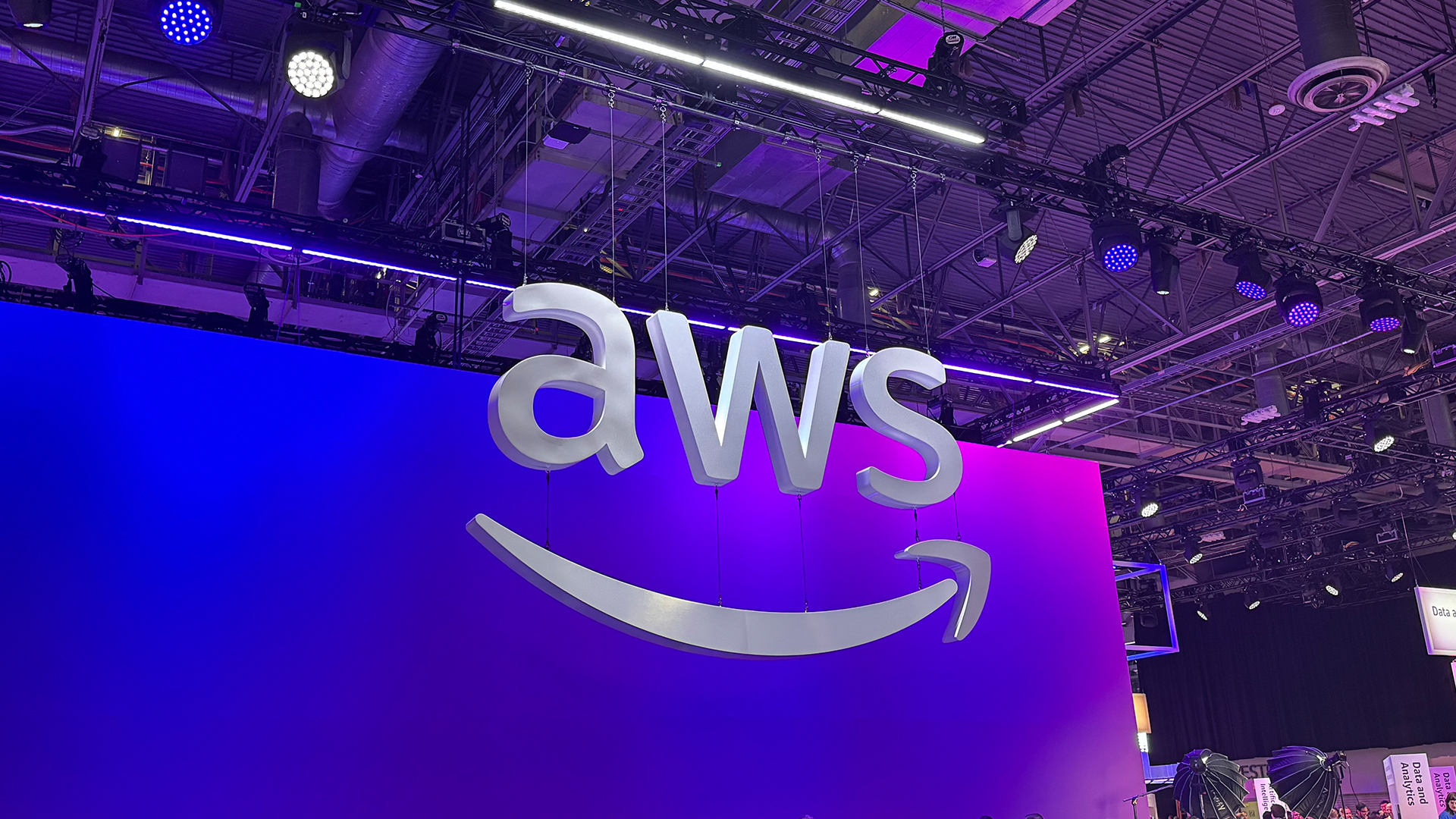 AWS re:Invent 2025 live: All the news and announcements from day two in Las Vegas
AWS re:Invent 2025 live: All the news and announcements from day two in Las VegasLive Blog Keep tabs on all the latest announcements from day-two at AWS re:Invent 2025 in Las Vegas
-
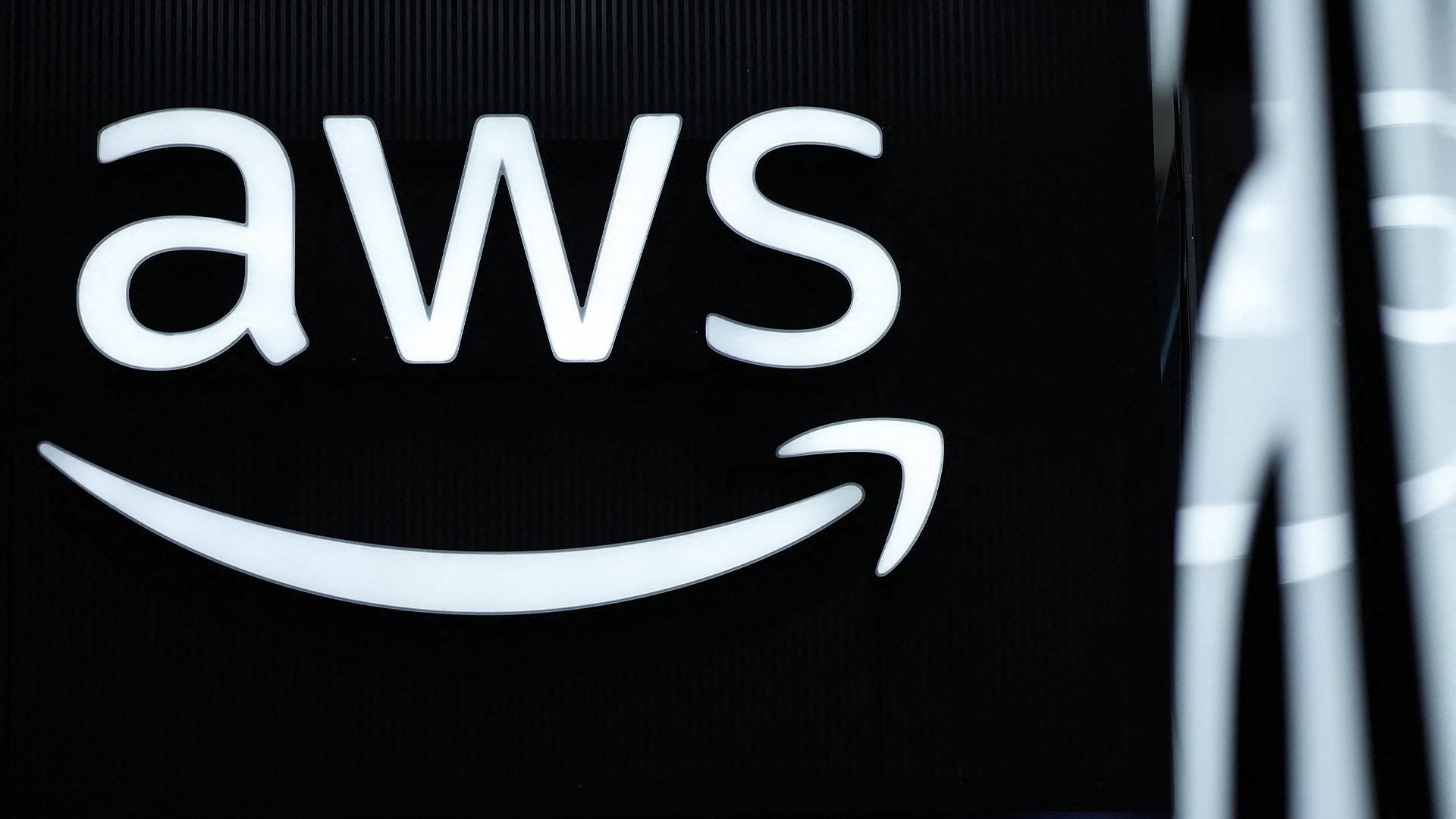 AWS pledges $50 billion to expand AI and HPC infrastructure for US government clients
AWS pledges $50 billion to expand AI and HPC infrastructure for US government clientsNews The company said an extra 1.3 gigawatts of compute capacity will help government agencies advance America’s AI leadership
-
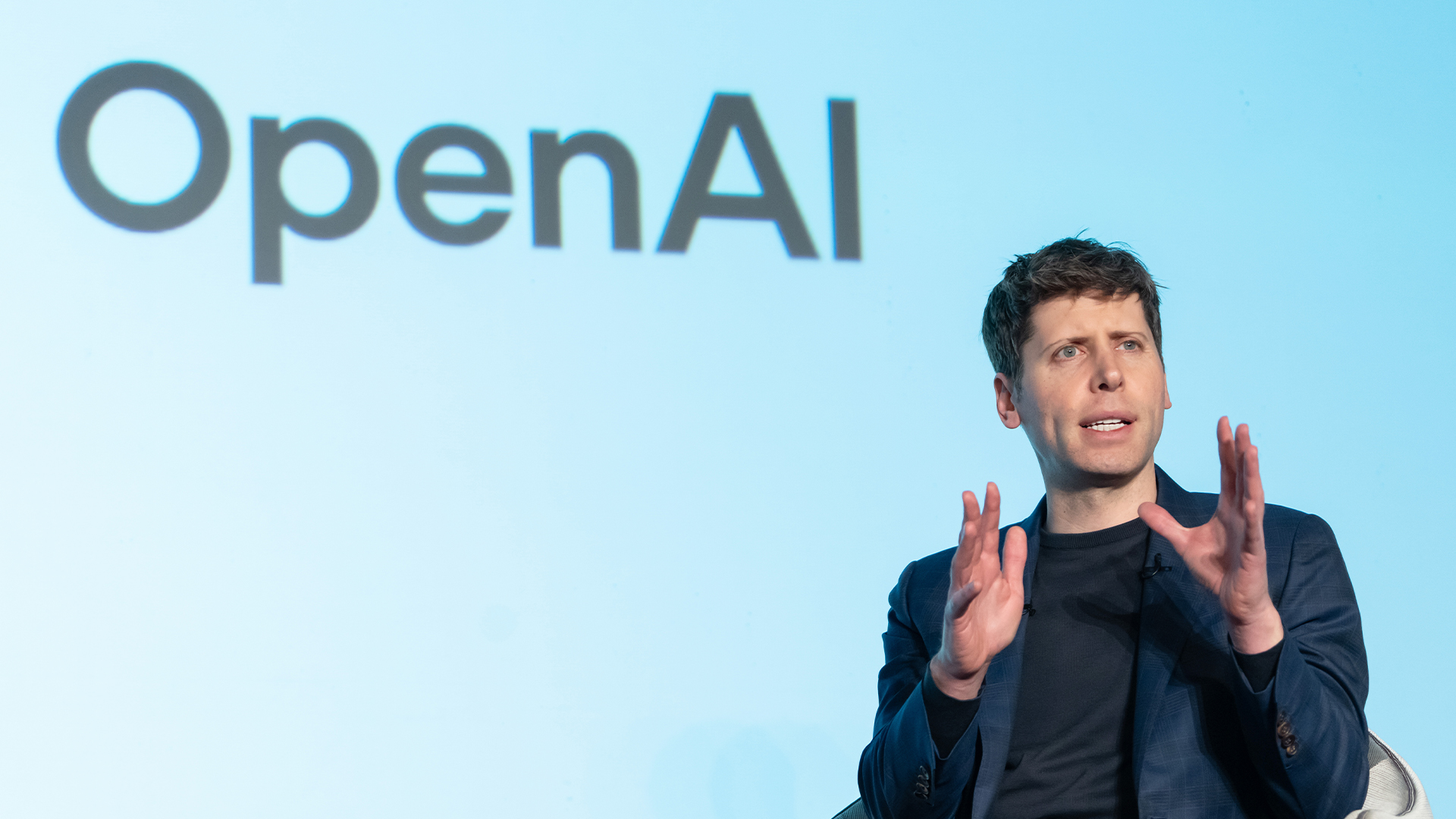 OpenAI just signed a bumper $38bn cloud contract with AWS – is it finally preparing to cast aside Microsoft?
OpenAI just signed a bumper $38bn cloud contract with AWS – is it finally preparing to cast aside Microsoft?News The move by OpenAI doesn’t signal an end to its long-running ties with Microsoft
-
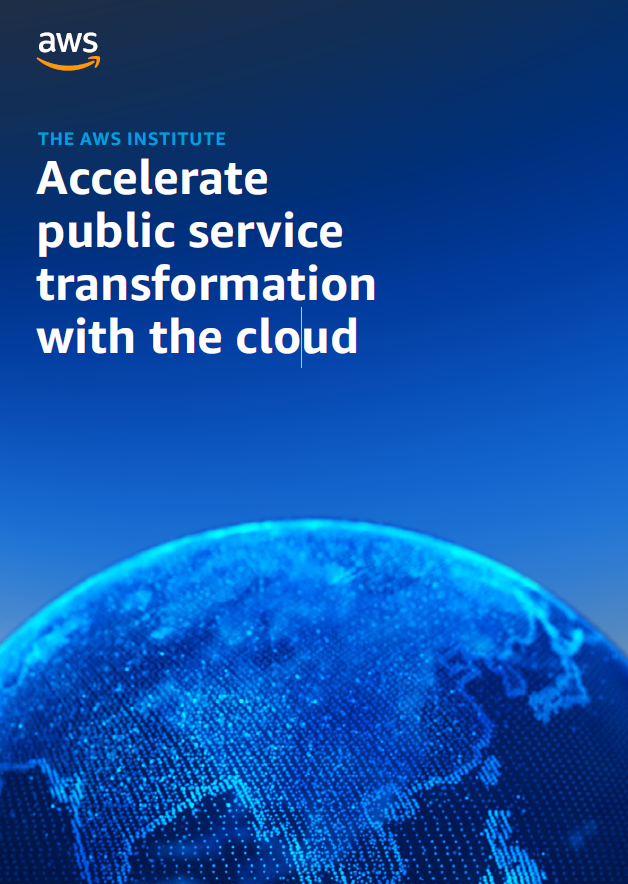 Accelerate public service transformation with the cloud
Accelerate public service transformation with the cloudwhitepaper
-
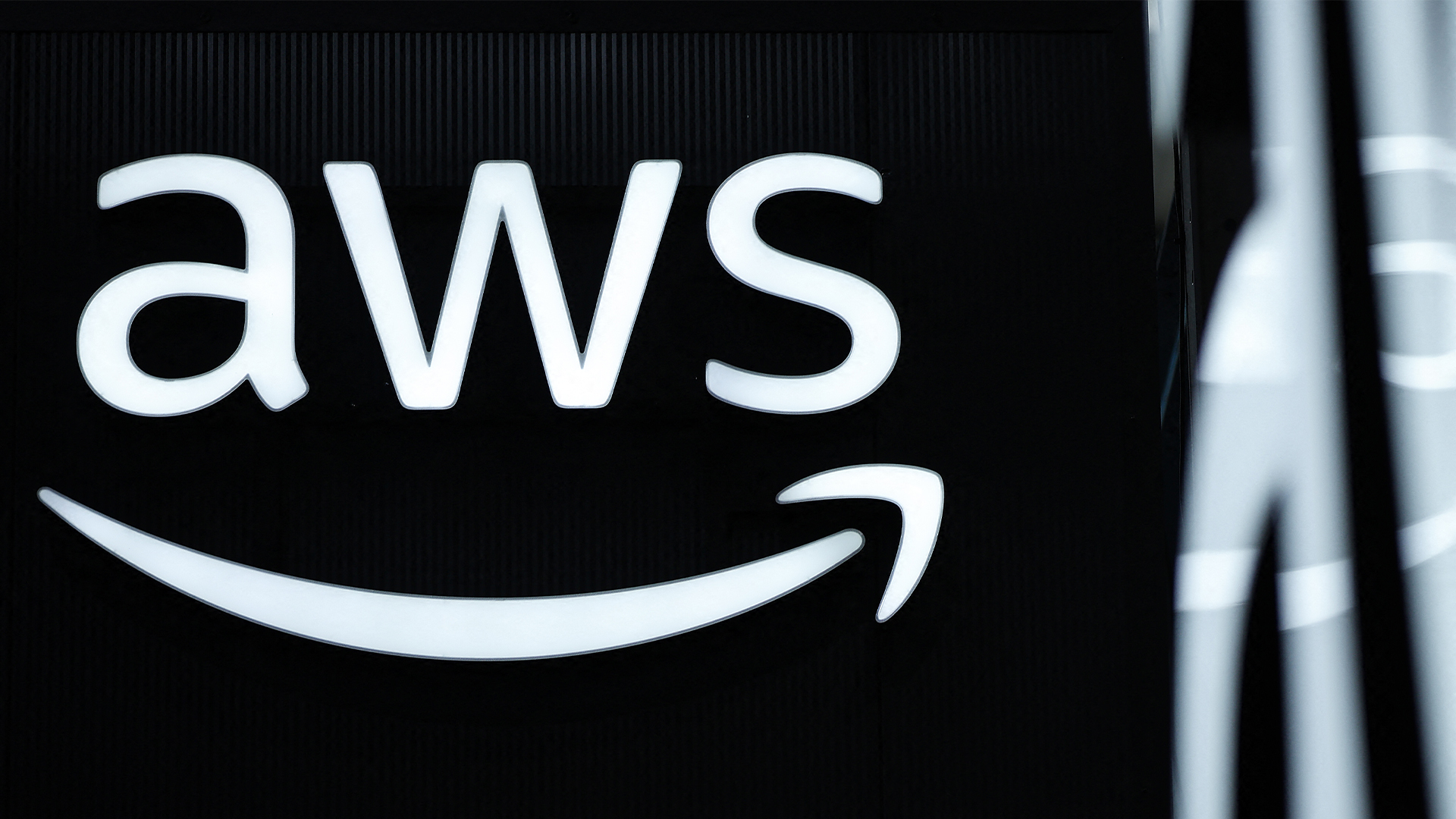 Is AWS' cloud dominance waning? New stats show the hyperscaler's IaaS market share is decreasing while Microsoft and Google record gains
Is AWS' cloud dominance waning? New stats show the hyperscaler's IaaS market share is decreasing while Microsoft and Google record gainsNews AWS maintained its lead in the IaaS market last year, but its share decreased while Microsoft and Google recorded gains.